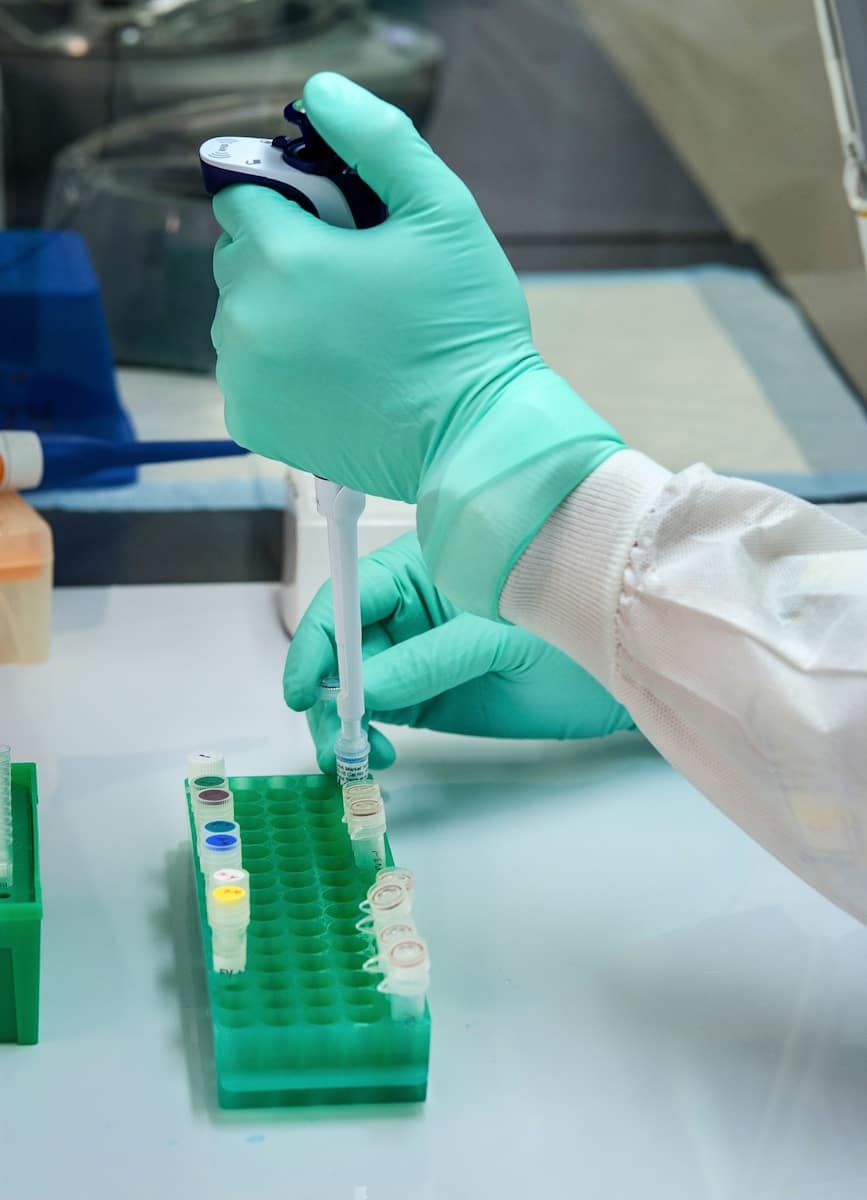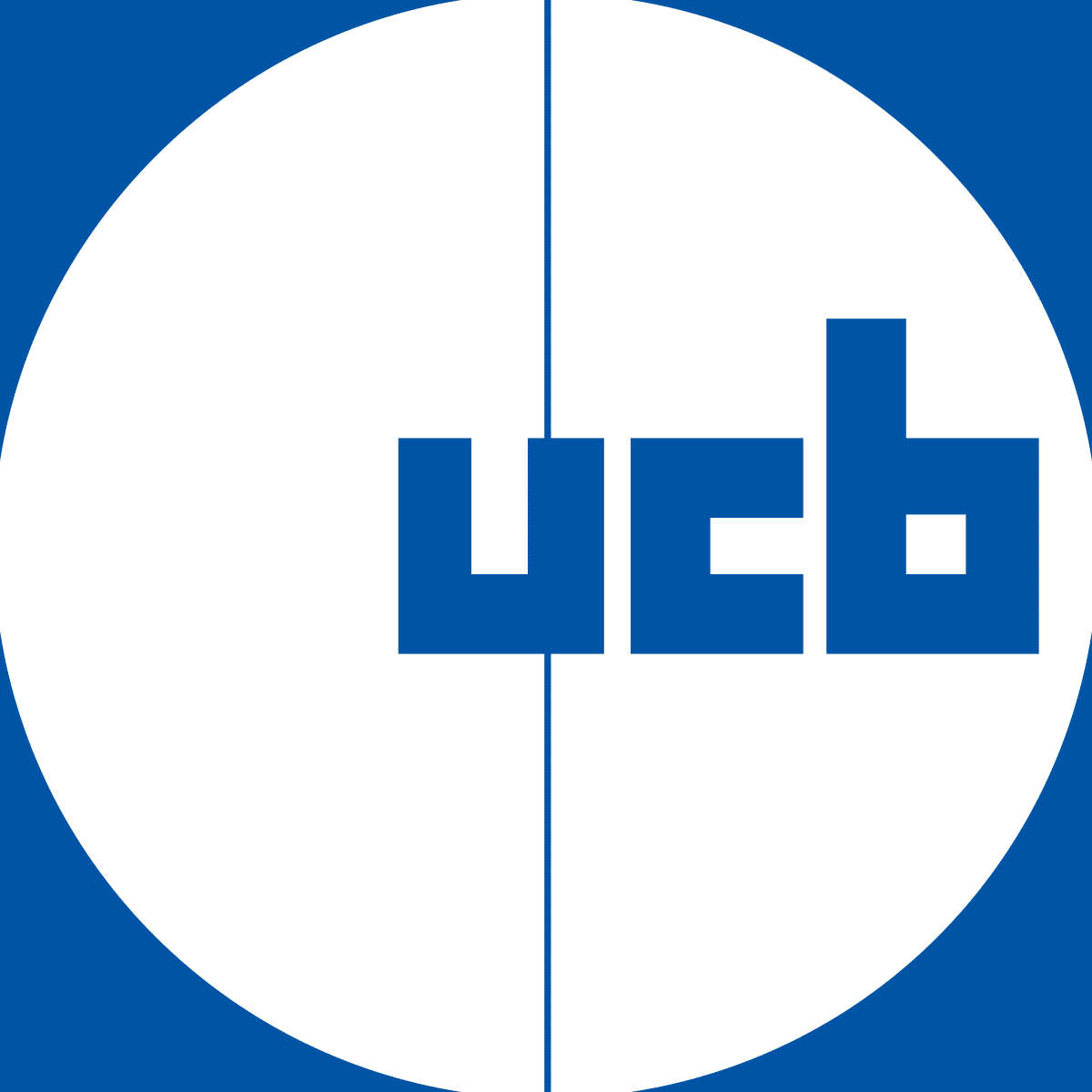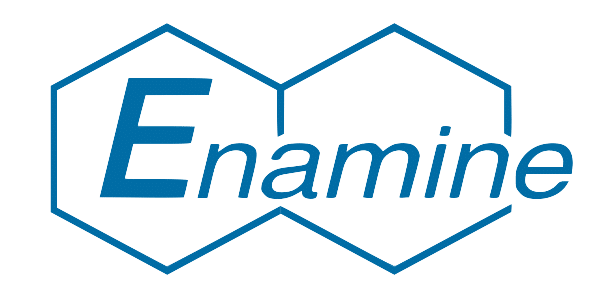About CACHE
The CACHE (Critical Assessment of Computational Hit-finding Experiments) Challenges offer an open competition platform to help accelerate one of the early stages of drug discovery. Researchers from academia, industry, and nonprofits are invited to deploy their best computational methods to predict molecules that will bind to a predefined target linked to a specific disease, a critical step in the drug discovery pipeline known as hit-finding. Their predictions are evaluated and benchmarked in a state-of-the-art laboratory, by our partners at the Structural Genomics Consortium (SGC). All the benchmarked results are shared openly and publicly with the world, and all chemical structures are made available without patent to all.
In 2024, Conscience became the steward for the CACHE Challenges, which were originally launched by the SGC. We hope to use CACHE to drive forward our mission of addressing market failure in the current drug discovery system. The first CACHE challenges have already identified new hits in underexplored areas and highlighted the potential of AI to be an effective tool in this area. In the long run, CACHE sets the stage for an AI breakthrough that would lower the cost of developing drugs. Lower development costs lead to fewer areas of market failure, and fewer people left behind.

CACHE is becoming the international reference for computational hit-finding
You can think of CACHE as the Olympics of computational hit-finding. Without it, we wouldn’t know which methods are truly the best. Imagine elite track teams only running on their own tracks with different distances and timers. How could we determine the best running team with the most effective training strategy? Only by asking them to compete with each other under the same conditions. CACHE challenges bring together top hit-finding teams to work on the same problem, allowing us to determine which team and method come up with the best predictions for a given target.
What is hit-finding?
Hit-finding is an early step in drug discovery where drug-like molecules targeting a faulty protein involved in a disease are identified. If we inhibit or activate the target, it could treat the disease or its symptoms. We search for a small molecule, called a “hit,” that binds to the target, like a key fitting a lock. There is hope that computers and AI will make hit-finding more efficient and cost-effective compared to traditional methods. This field, known as computational hit-finding or virtual screening, still has room for improvement, which is why CACHE is essential.
CACHE is a safe and open competition organized by a non-profit with a clear mission to reduce drug discovery costs, leaving fewer people behind. It promotes transparency by sharing method descriptions, prediction data, and experimental confirmation data without requiring source code disclosure, thereby eliminating legal friction. CACHE drives actual discovery in areas of market failure, benchmarks the entire computational hit-finding workflow, and fosters collaboration among industry, SMEs, and academia. Related events, such as the 2024 CACHE symposium, create opportunities for the community to connect and learn from each other.
How does a CACHE Challenge work?
Each CACHE Challenge takes place over a period of approximately two years. Once a target is selected, the challenge is launched, and teams are invited to submit their applications, which are reviewed by the Applications Review Committee to select successful applicants. In Round 1, these teams submit their predicted compounds that might bind to the target, which are evaluated by SGC. Successful teams are invited to submit follow-up compounds in Round 2. Results are shared with participants, and three months later, they are made publicly available.

Participating in a CACHE Challenge
Biotech companies, researchers, software developers, and pharmaceutical firms have all taken part in CACHE challenges. Participating offers numerous benefits, including testing models with high-quality experimental data, contributing to drug discovery in areas of market failure, benchmarking against competitors, and gaining public attention (with an option for anonymity). Testing costs are covered for all selected teams, at a value or approximately CA$100,000 per team. CACHE can reimburse 50% of the costs of procuring the compounds for each round up to a maximum of CA$50,000 for Canadian academics and CA$75,000 for Canadian SMEs. By participating, you also help advance the field of hit-finding.
Stay informed by signing up to our newsletter and visit the CACHE Challenge website for details about past and ongoing challenges.
Who has participated in CACHE challenges
So far, the CACHE Challenges have attracted participants from 21 countries and more than 120 different institutions and organizations. We hope to continue to grow our reach as a truly international competition, and we especially encourage applications from the global south.
CACHE thrives on a diverse mix of expertise and perspectives from academia to industry, with 29% of participants coming from the private sector—including biotech, pharmaceutical, and software companies.
Key contributors
In addition to our team at Conscience, CACHE is made possible by :
The CACHE Governing Board
The Governing Board for CACHE consists of representatives from industry that make various decisions on the course of each CACHE Challenge.
Anders Hogner, AstraZeneca
Judith Guenther, Bayer
Yvonne Westermaier, Boehringer-Ingelheim
Yogesh Sabnis, UCB
Yurii Moroz, Enamine
If you’re interested in joining the CACHE Governing Board contact Dakota Treleaven, Operations Manager for CACHE at [email protected].
The Scientific Coordinator
Matthieu Schapira
The Experimental Screening team at SGC
The Experimental Screening Team is a group of researchers who test experimentally compounds predicted by participants of CACHE.
Suzanne Ackloo
Cheryl Arrowsmith
Albina Bolotokova
Irene Chau
Aiping Dong
Elisa Gibson
Levon Halabelian
Rachel Harding
Oleksandra Herasymenko
Ashley Hutchinson
Fengling Li
Lihua Liu
Peter Loppnau
Sumera Perveen
Matthieu Schapira
Almagul Seitova
Madhushika Silva
Vijayaratnam Santhakumar
Hong Zeng
The CACHE Applications Review Committee
The CACHE Applications Review Committee reviews applications for each CACHE challenge and selects the participants.
Judith Guenther, Bayer
Alexander Hillisch, UCB
Anders Hogner, AZ
John Irwin, UCSF
Uta Lessel, Boehringer-Ingelheim
The CACHE Hit Evaluation Committee
The Hit Evaluation Committee evaluates the bioactivity and chemistry of compounds at the end of each challenge.
Hartmut Beck, Bayer
Anders Gunnarsson, AZ
Vera Puetter, Nuvisan
Patrick Walters, Vertex
Lars Wortmann, Boehringer-Ingelheim
The CACHE Target Selection Committee
The Target Selection Committee selects target proteins that will be the focus of each CACHE Challenge.
Anne Fortier, Conscience
Andrew R Leach, EMBL’s European Bioinformatics Institute
Oleksandra Herasymenko, SGC-Toronto
Rachel Harding, SGC-Toronto
Cheryl Arrowsmith, SGC-Toronto
Levon Halabelian, SGC-Toronto
Nicola Burgess-Brown, SGC-UK
Tudor Opera, Expert Systems Inc.
Funders and Sponsors
The CACHE Challenges are made possible by the generous support of our funders, CACHE governing board members, and sponsors, in partnership with the SGC.
Main funder:
CACHE governing board members:



Chemical supplier:

Sponsors:


Get in touch
For any CACHE-related inquiries, please consult our FAQs or contact:
Dakota Treleaven
Operations Manager, CACHE
[email protected]